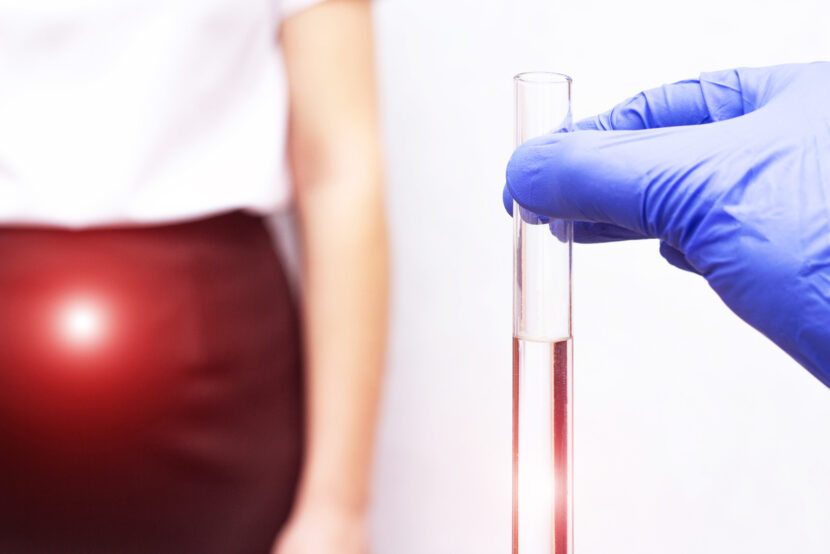Assisted hatching, also known as assisted zona hatching, is one of the steps that can be performed for patients undergoing IVF. It is the process of puncturing the hard outer layer of the embryo to increase its chances of attaching to the uterus and resulting in pregnancy.
How Does Assisted Hatching Work?
The embryo has a hard outer shell in the initial days of its development. To be able to attach to the uterus and grow further, it needs to break out of this shell called zona pellucida. Assisted hatching is a step conducted to aid the embryo at this step, so it’s ‘hatching’ out of the shell and it’s attachment to the uterus is made easier. This is believed to increase the chances of pregnancy.
Usually conducted after two days into the embryo development stage, assisted hatching involves poking a small hole in the embryo using a laser, or using mechanical or chemical means to achieve the desired result. Laser assisted hatching is a popular alternative.
Also, Read: Procedure of Laser Assisted Hatching
Should You Consider Assisted Hatching?
Assisted hatching is not required for everyone. It is usually recommended in the following cases:
- Failure of previous IVF cycles
- Pregnancies in older women (late 30s and above)
- Unhealthy embryo quality
This is not a standard step in the IVF treatment, rather an additional one. The need for assisted hatching can be best assessed by experts based on your health and your fertility treatment history, among other factors.
Moreover, assisted hatching also adds to the cost of IVF. Hence it is best to prepare in advance and plan for the procedure.
While such a procedure may help the embryo attach itself to the uterus, it is important to remember that a full-term pregnancy and live birth can be affected by different factors at later stages as well.
Assisted Hatching Risks
Assisted hatching is a process that manually alters the embryo in its initial developmental stages. There are chances that such interference may cause damage to the embryo and reduce the chances of pregnancy.
Additionally, as with most assisted fertility treatment pregnancies, assisted hatching also increases the chances of multiple pregnancies. This process may lead to monozygotic twins, or twins that develop from a single embryo. These are commonly known as identical twins. Multiples pregnancies are known to be riskier than single counterparts.
It is not a standard or recommended for everyone. If done without a reason, it may even hurt your chances of pregnancy. If you feel you may benefit from this process, speak to your fertility doctor about it.
